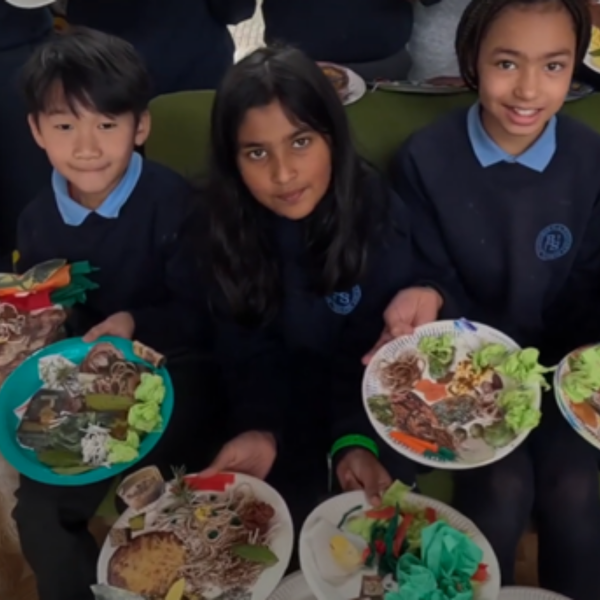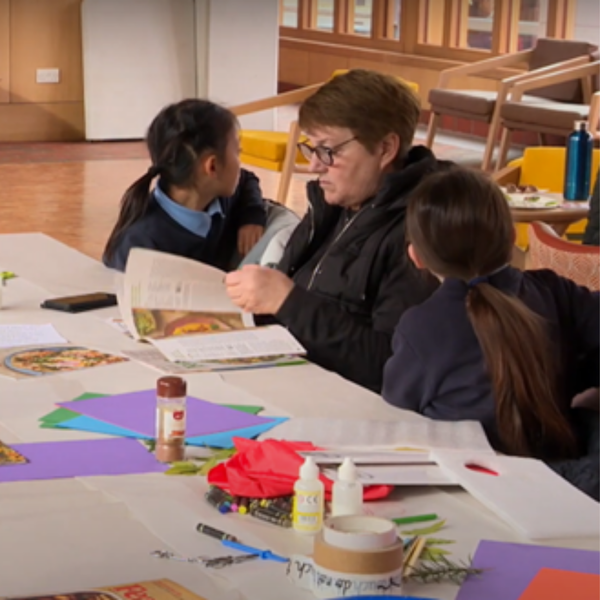Project showcase
LEMONADE Project, London Borough of Southwark for Bournemouth University and United St. Saviour's Charity with Dunhill Medical Trust
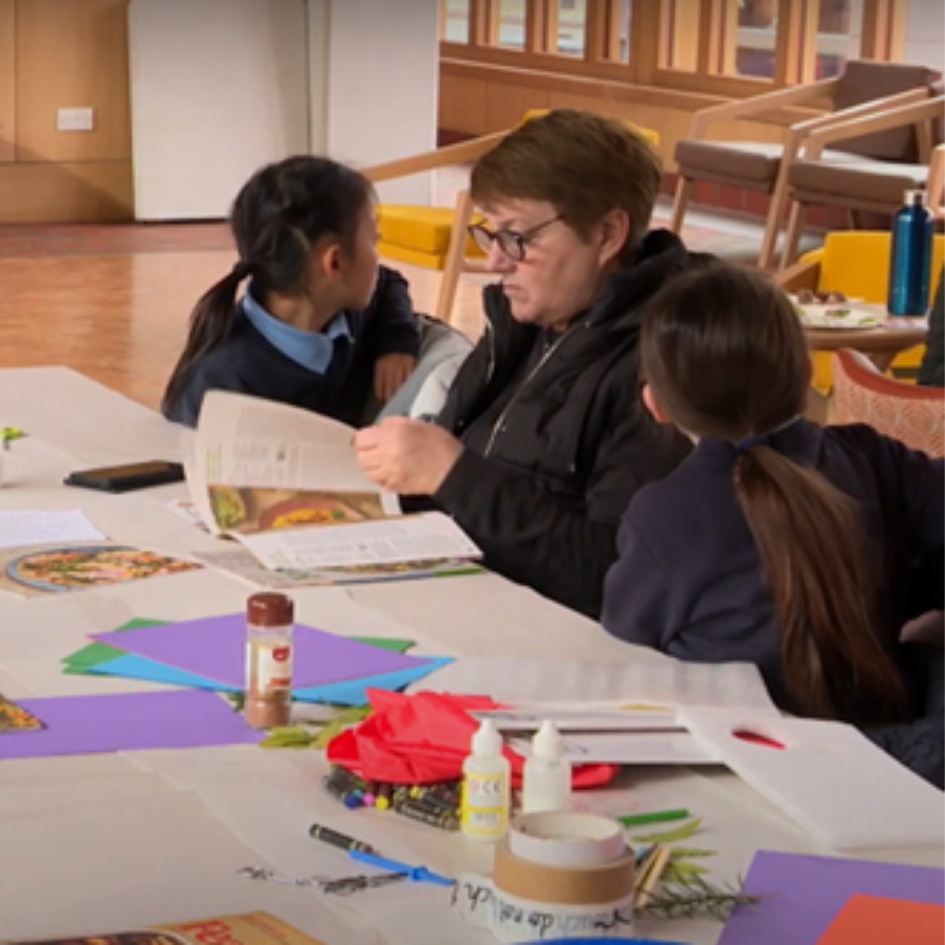
The initiative promotes local food sustainability, waste reduction and community resilience through gardening. It creates a scalable model for healthy ageing which focuses on health, wellbeing and social connectedness, it was co-created with residents of Appleby Blue, older adults in Bermondsey and stakeholders such as United St Saviour’s Charity and grassroots groups. This collaborative approach aims to influence global policies on ageing, housing and community design while addressing local needs effectively.
Who is on the project?
Project team - Dr Sophia Amenyah, Professor Lee-Ann Fenge, Professor Jane Murphy, Sarah Allport, Alison Benzimra, Dr Camila Devis-Rozental, Martyn Craddock, Katie Powell, Sofia Craxton
Community Engagement Group (CEG) - Russell Dryden (deceased), Eilidh Verhoeve, Alimatu Sesay, Kathy Heather, Esther Agyeman
Food Research Advisory Group (FRAG) - Diana Hofler, Jeff Porter, Claire Pritchard, Shane Holland, Stephen Burke, Burphy Zumu
Describe the context of the strategy, research or policy. What need does it serve? What questions does it answer? What is its social and environmental impact?
LEMONADE (An inclusive community food model for older people) addresses critical challenges faced by older people, including social isolation, poor nutrition, and reduced quality of life. Older adults living in socially deprived circumstances often experience up to 20 fewer years of good health compared to their peers, with a lack of social connection exacerbating these disparities. The strategy aims to co-create and implement a community-focused food model that fosters health, well-being, and social connectedness through activities such as food growing, cooking, and meal sharing. By engaging older people as co-researchers and participants, it ensures lived experience is at the core. The environmental impact includes a focus on local food sustainability, waste reduction, and community resilience through gardening initiatives. The model is a scalable solution that could inform global approaches to healthy ageing and influence policy, housing, and community design.
Did you consult key stakeholders or the community in the creation of this document or policy? How did you select participants? Was the final strategy shared with the community? Is this engagement ongoing?
LEMONADE is rooted in participatory, community-engaged research. Residents of Appleby Blue and older people from Bermondsey were actively involved in co-creating the strategy. Stakeholders, including United St Saviour’s Charity, grassroots groups, and community organisations, were consulted to ensure the model addressed local needs. Participants were selected based on their lived experience and willingness to contribute, creating a diverse group representative of Bermondsey’s cultural richness. The final strategy has been shared with residents and the broader community through workshops, events, and publications, with ongoing engagement ensuring its responsiveness. Co-designed programmes, such as culturally-tailored cooking classes, are continually adapted based on feedback, ensuring inclusivity and long-term impact. Interestingly, Researcher Dr. Sophia Amenyah lived on-site at the Appleby Blue researcher studio during the research phase to embed herself within the community and almshouse residents.
How will the research or strategy be taken forward or implemented? Please describe any accountability, metrics or enforcement built into the process to encourage meaningful change.
The LEMONADE strategy is being implemented in partnership with Bournemouth University and United St Saviour’s Charity at Appleby Blue, ensuring real-world application. Metrics for success include improvements in participants’ social connectedness, dietary habits, and overall well-being, measured through surveys, workshops, and health assessments. Regular evaluations ensure the strategy is achieving its goals and remaining accountable to its stakeholders. Findings set to be released in 2025 will inform regional and national policy recommendations for healthy ageing, with a focus on replicating the model in other communities. Additionally, the project’s participatory approach embeds accountability within the community, as older people co-lead its development and adaptation. Funding from the Dunhill Medical Trust ensures that implementation is adequately resourced, while periodic reviews and public reporting maintain transparency and alignment with the intended outcomes. The Project has also been awarded additional funding by Southwark Council to ensure it continues.
Gallery
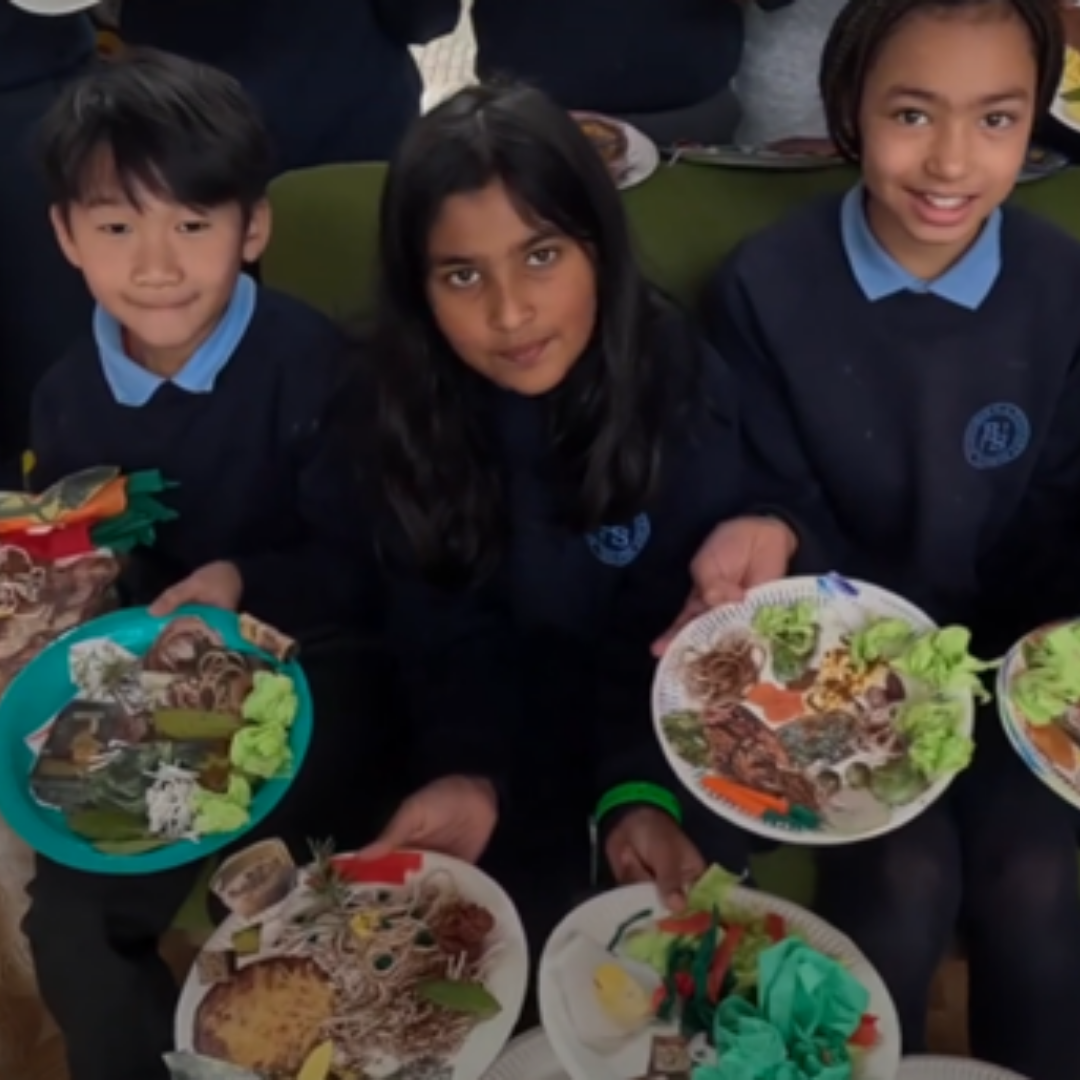
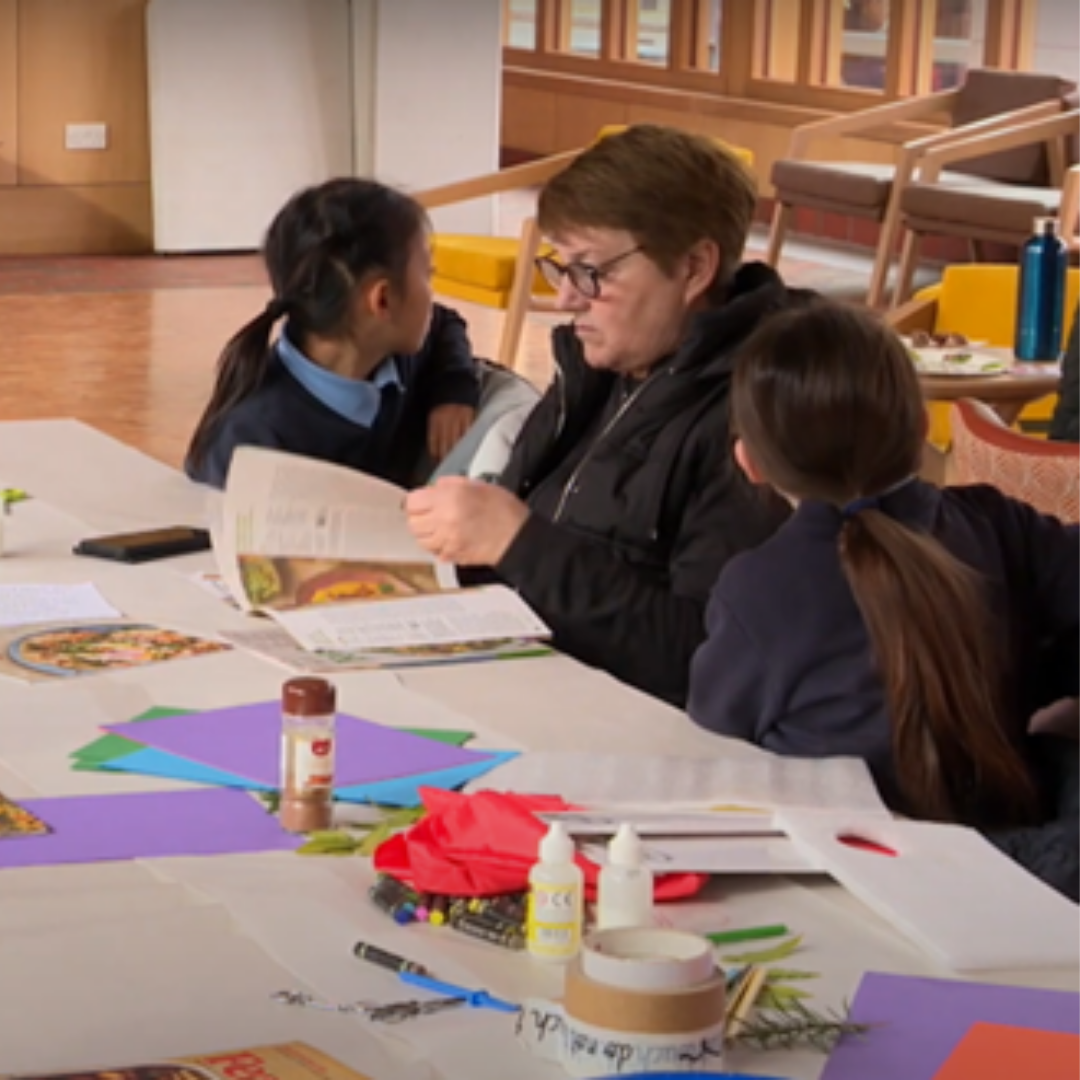
Festival of Pineapples
24-26 February 2026
Pineapples prize giving night
April
Pineapples at Festival of Place
10 June 2026
© The Pineapples - Tweak Ltd. 124 City Road, London, EC1V 2NX. Tel: 020 3326 7238
